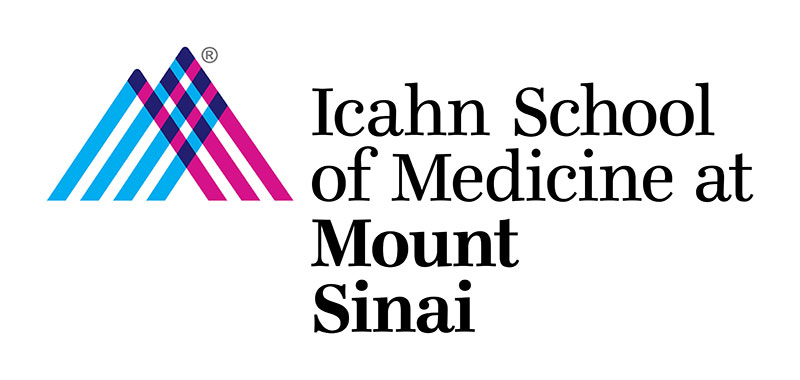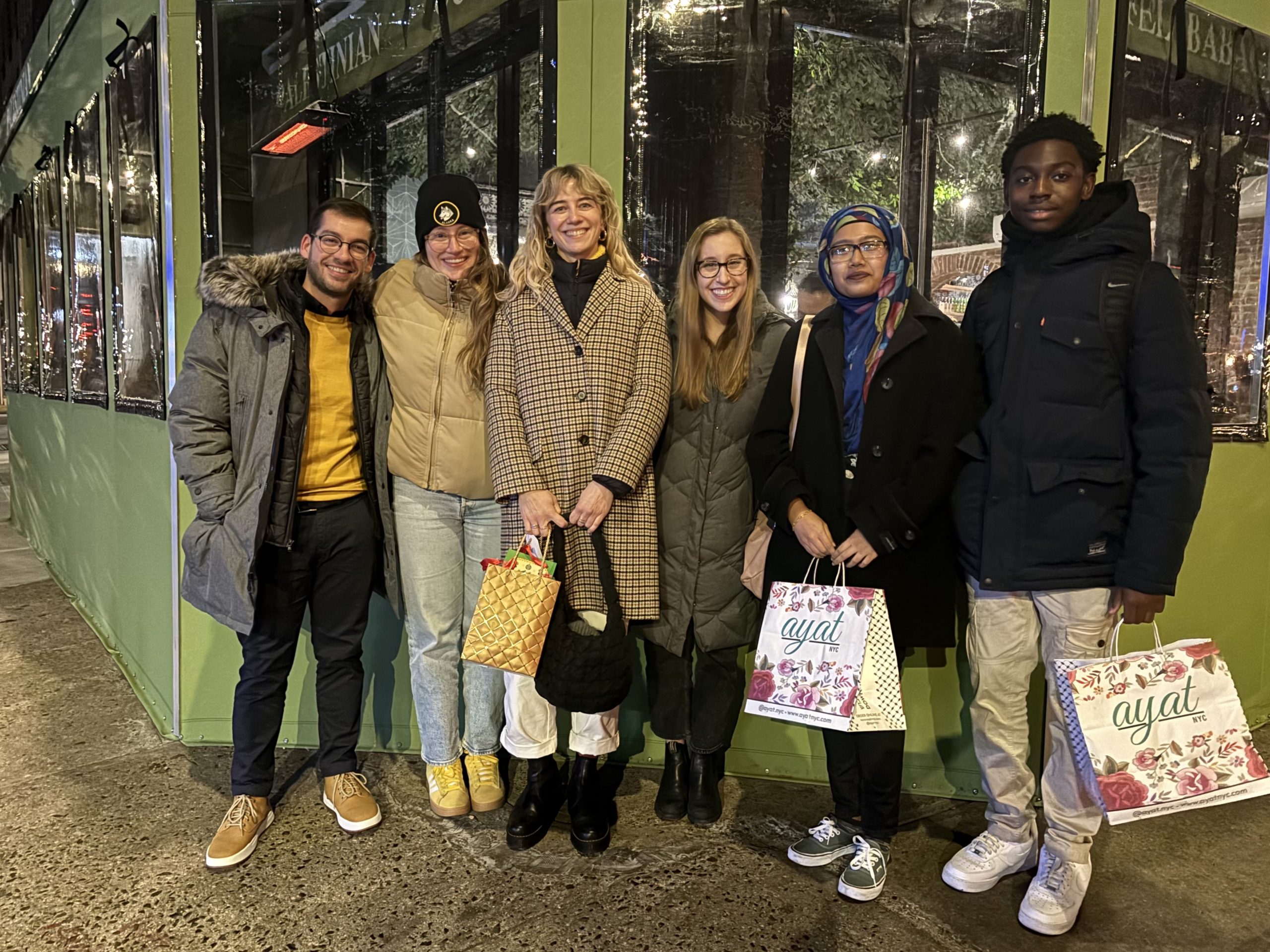
Research in our lab
Our lab focuses on environmental exposures and their link to the development of adverse health outcomes, including suboptimal pregnancy and birth outcomes, as well as psychopathology. We are particularly interested in reproductive events, including pregnancy and menopause. We have been instrumental in setting up two separate birth cohorts, and have conducted analyses in several existing birth cohorts to study the outcomes of early life exposure to, for example, maternal mental illness, medication, and inflammation. We apply cognitive-neurophysiological (EEG) and genetically sensitive longitudinal designs to study risk and protective factors for psychopathology, and the biological mechanisms underlying it.
The Team
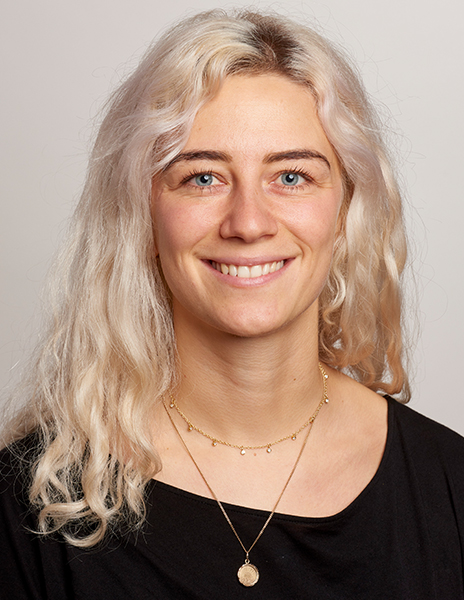
Anna-Sophie Rommel, PhD
Associate Professor in the Department of Psychiatry
anna.rommel@mssm.edu
Anna is a psychiatric epidemiologist whose work focuses on how reproductive transitions, particularly pregnancy and perimenopause, shape mental and physical health for women and their children. She studies common prenatal exposures, including infections, medications, and environmental pollutants, and their links with adverse pregnancy outcomes and child neurodevelopment. Anna helped establish the Generation C pregnancy cohort during the COVID-19 pandemic and now leads follow-up of participating children to study developmental, mental-health, and brain outcomes, including EEG measures of neural development. Across her work, she is particularly interested in how the pandemic and other environmental stressors disproportionately affect underserved individuals. She collaborates on large-scale longitudinal and registry studies in the United States, Denmark, and Sweden

Marco Rizzo, PhD
Postdoctoral Fellow
marco.rizzo@mssm.edu
Marco holds an M.Sc. in Psychology (Sapienza University of Rome, Italy) and a Ph.D. in Neuroscience (Aalborg University, Denmark). His interests are rooted within the field of neuropsychology with a focus on the physiology underlying human psychological, behavioral, and cognitive processes. In the Psychiatry Department of Mount Sinai, he is responsible for the collection and analysis of electroencephalographic data to investigate the neurophysiological effects of prenatal exposure to SARS-CoV-2 on children’s neurodevelopment.
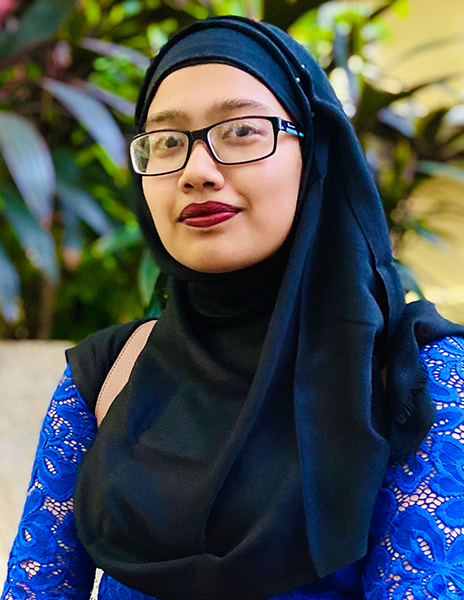
Research Coordinator
rushna.tubassum@mssm.edu
Rushna graduated from Hunter College, as a Yalow Honors Scholar, with a B.A in Human Biology and holds a Master’s in Public Health from the CUNY Graduate School of Public Health and Health Policy. She is very interested in women’s mental health and understanding the links between public health and medicine from an interdisciplinary perspective, with a focus on underserved communities.

Data Analyst
floriana.milazzo@mssm.edu
After graduating from Barnard College summa cum laude with departmental honors and a degree in English, Floriana obtained an MPH in Epidemiology from Columbia University. She intends to create a career at the intersection of medicine and psychosocial epidemiology.
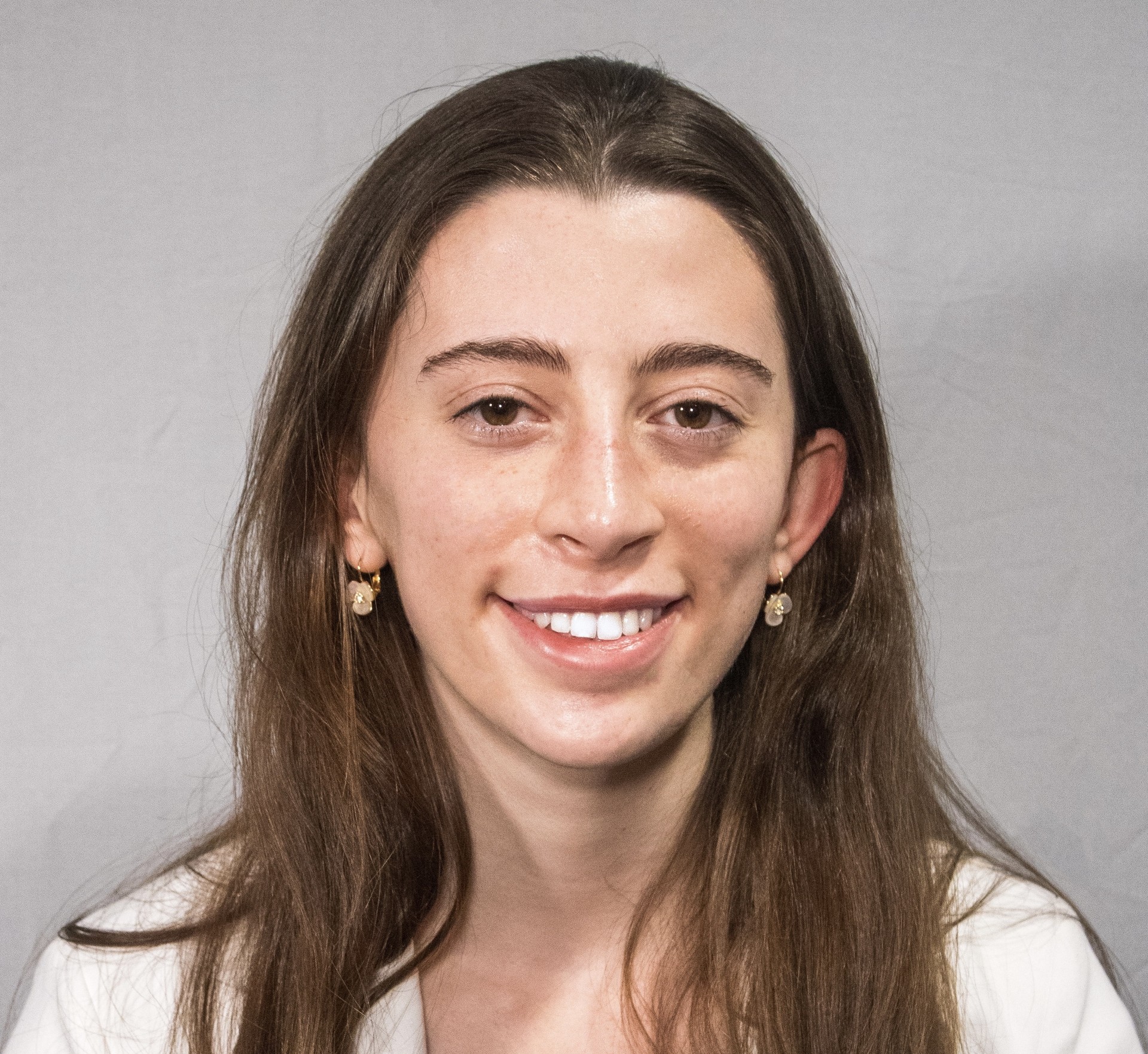
Clinical Research Coordinator
yasemin.schmitt@mssm.edu
Yasemin graduated from Wesleyan University with a B.A in Neuroscience and Behavior and German Studies. As a CRC she splits her time between the Perez and the Rommel lab. Across both labs, she is responsible for participant recruitment, sample coordination and collection at delivery, EEG data collection and database management. Her current research project explores the relationship between maternal immune health, birth outcomes, and child neurodevelopment. Yasemin aspires to become a physician and is particularly interested in the connections between cognition, mental health, and neurological function.

CEYE Student (2024/2025)
aisha.said@mssm.edu
As a Senior at The High School for Math, Science, and Engineering, Aisha is spending her afternoons at the Icahn School of Medicine at Mount Sinai, investigating the relationship between maternal inflammation during pregnancy and child neurodevelopment at 2-4 years of age.

Jazmine Chavez
CEYE Student (2024/2025)
jazmine.chavez@mssm.edu
Jazmine is a Senior at The High School for Mathematics, Science and Engineering. In the Rommel lab, she researches the impact of changes to health policies during the COVID-19 pandemic on changes to birth plans, birth satisfaction, trauma related to birth and mother-to-infant bonding. Jazmine hopes to pursue a career in pediatrics and is interested in pediatric neuroscience/oncology and child development.
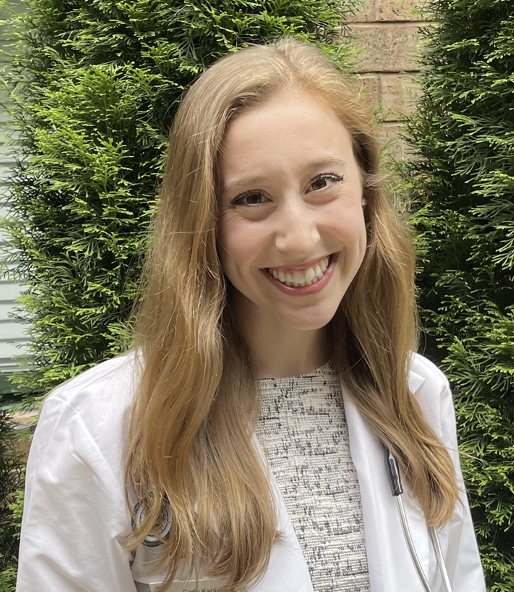
Carly Kaplan
Scholarly Year Student (2023/2024)
carly.kaplan@mssm.edu
Carly is a medical student at the Icahn School of Medicine at Mount Sinai in New York City. After being raised in Atlanta, Georgia, Carly attended Brown University where she graduated with a degree in Neuroscience. At Brown University, she became a leader in the university’s mental health community serving in both student leadership and partnering with the counseling center to implement interventions to more efficiently serve students’ mental health needs. She is interested in the cross-section of reproductive and mental health, hoping to improve the lives of her patient both through clinical and scientific work.

CEYE Student (2023/2024)
moussa.konde2@mssm.edu
As a Senior at The High School for Mathematics, Science & Engineering at City College, Moussa spent his afternoons in the Rommel lab investigating the association between prenatal exposure to SARS-CoV-2 and neurodevelopment at age 6 months.
Funding
Our lab is or has been funded by the Wellcome Trust, the Simons Foundation Autism Research Initiative, the Brain & Behavior Research Foundation, the Centers for Disease Control and Prevention (CDC), the National Institute of Child Health and Development, the National Institute of Mental Health, the Swedish Foundation for International Cooperation in Research and Higher Education, and the Mount Sinai Transdisciplinary Center on Early Environmental Exposures.
Contact Us
